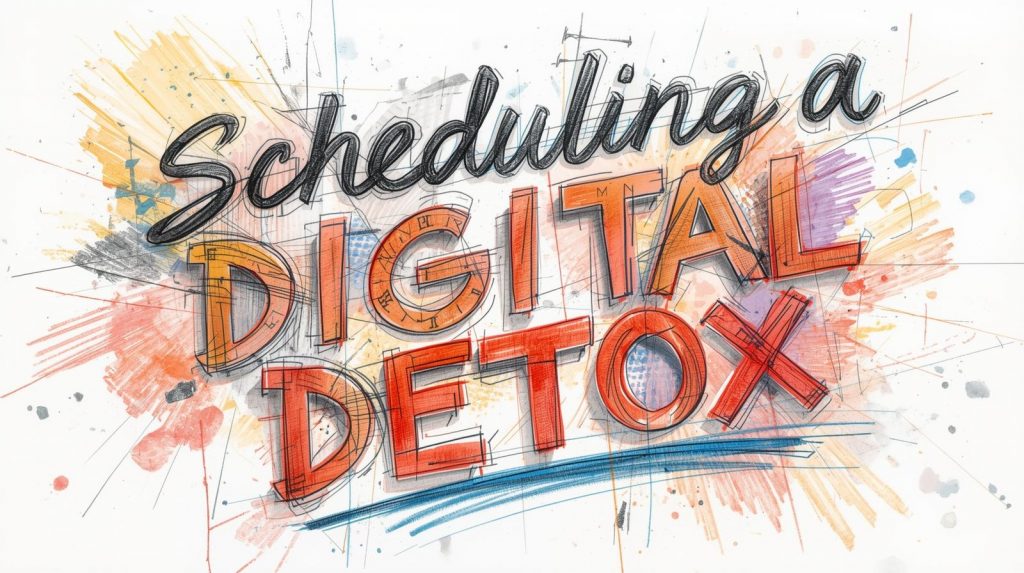
In a world where screens dominate daily life, taking intentional breaks from digital devices can restore focus, improve mental health, and strengthen real-world connections. A digital detox doesn’t have to mean abandoning technology completely—it’s about creating balance. Here are practical tips for scheduling effective digital detoxes.
1. Start Small and Build Up
Begin with short, manageable detox periods. For example, try one hour each evening without screens, then gradually extend to half a day or a full weekend. Small steps make the habit sustainable.
2. Choose Consistent Times
Consistency helps the brain and body adjust. Pick regular times for detoxing, such as during meals, the first hour after waking, or every Sunday afternoon. Treat these times as non-negotiable appointments.
3. Align Detoxes With Natural Breaks
Schedule detoxes during natural pauses in the week, like after completing a big project, during vacations, or on weekends. This makes it easier to disconnect without disrupting responsibilities.
4. Set Clear Boundaries
Communicate detox times with family, friends, and colleagues. Let them know when you’ll be offline and how they can reach you in case of emergencies. This reduces pressure to check devices.
5. Replace Screen Time With Intentional Activities
Plan enjoyable offline activities to fill the gap. Reading, journaling, exercising, cooking, or spending time outdoors can make detox periods feel rewarding rather than restrictive.
6. Use Technology to Support Detoxes
Ironically, technology can help manage detoxes. Use apps or built-in phone features to set screen time limits, schedule downtime, or block distracting apps during detox hours.
7. Create Device-Free Zones
Designate certain spaces—like the bedroom, dining table, or living room—as device-free zones. This reinforces boundaries and makes detoxing part of the environment.
8. Reflect and Adjust
After each detox, reflect on how it felt. Did it reduce stress? Improve focus? Strengthen relationships? Use these insights to adjust the frequency and duration of future detoxes.
9. Plan Seasonal or Extended Detoxes
Beyond daily or weekly breaks, consider longer detoxes during holidays or retreats. Extended time away from screens can reset habits and provide deeper clarity.
10. Celebrate Progress
Acknowledge milestones, whether it’s completing a weekend detox or sticking to daily device-free dinners for a month. Celebrating progress reinforces motivation.
Scheduling digital detoxes is less about restriction and more about reclaiming time and attention. By starting small, staying consistent, and filling the space with meaningful activities, it’s possible to create a healthier relationship with technology.
Leave a Reply